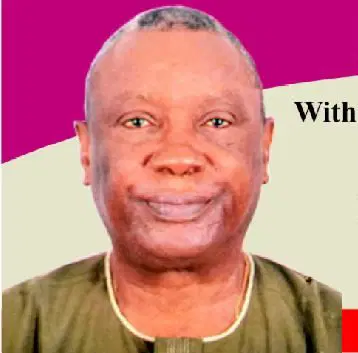In the historical context of Nigeria’s political landscape, the cabinet of Prime Minister Sir Abubakar Tafawa Balewa included notable figures such as Alhaji Muhammadu Ribadu (Defence), Chief Festus Okotie-Eboh (Finance), and Alhaji Shehu Shagari (Internal Affairs), among others. This period saw significant political maneuvering, particularly the NPN-NPP accord under the presidential system of government.
On August 9, 1979, Chief Justice Sir Darnley Arthur Alexander established election tribunals to adjudicate petitions from the Senate, House of Representatives, gubernatorial, and state assembly elections, acting under the Electoral Decree of 1977. The tribunals, set up for zones including Imo, Gongola, Lagos, and Kaduna, aimed to ensure fair electoral processes amid political tensions.
For the Imo zone, the tribunal included Justice A.A. Adeoba as chairman, while Gongola’s tribunal was led by Justice D.E.Y. Aghahowa. In Lagos, Justices A. Allagoa, A. Desalu, and A.O. Ejiwunmi served, and the Kaduna zone was chaired by Justice S.E.J. Ecoma.
Simultaneously, a presidential election tribunal was formed, chaired by Justice Boonyamin Oladiran Kazeem, with Justices A.I. Aseme and A.B. Wali as members. Justice Kazeem’s extensive legal background included significant roles within Nigeria’s judicial system, and he was later elevated to the Court of Appeal and then the Supreme Court.
Following the elections held on August 11, 1979, the Federal Electoral Commission declared Alhaji Usman Aliyu Shehu Shagari the winner on August 17, 1979. This declaration highlighted Shagari’s achievement in securing the highest number of votes, affirming his position in Nigerian political history as a key figure during a transformative era.
The establishment of these electoral processes and the resultant political framework marked a pivotal moment in Nigeria’s journey toward democratic governance, setting the stage for future political developments and challenges.

